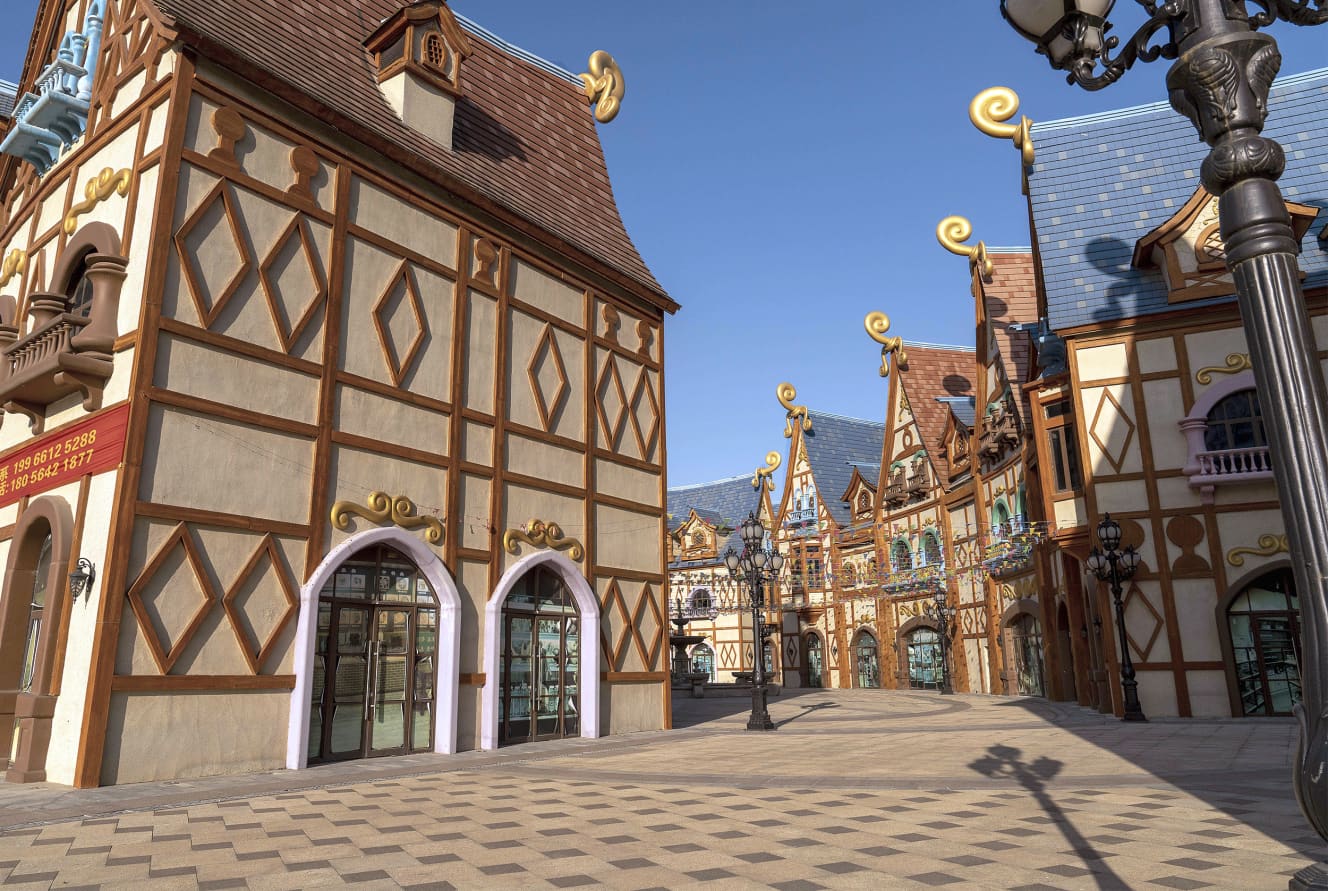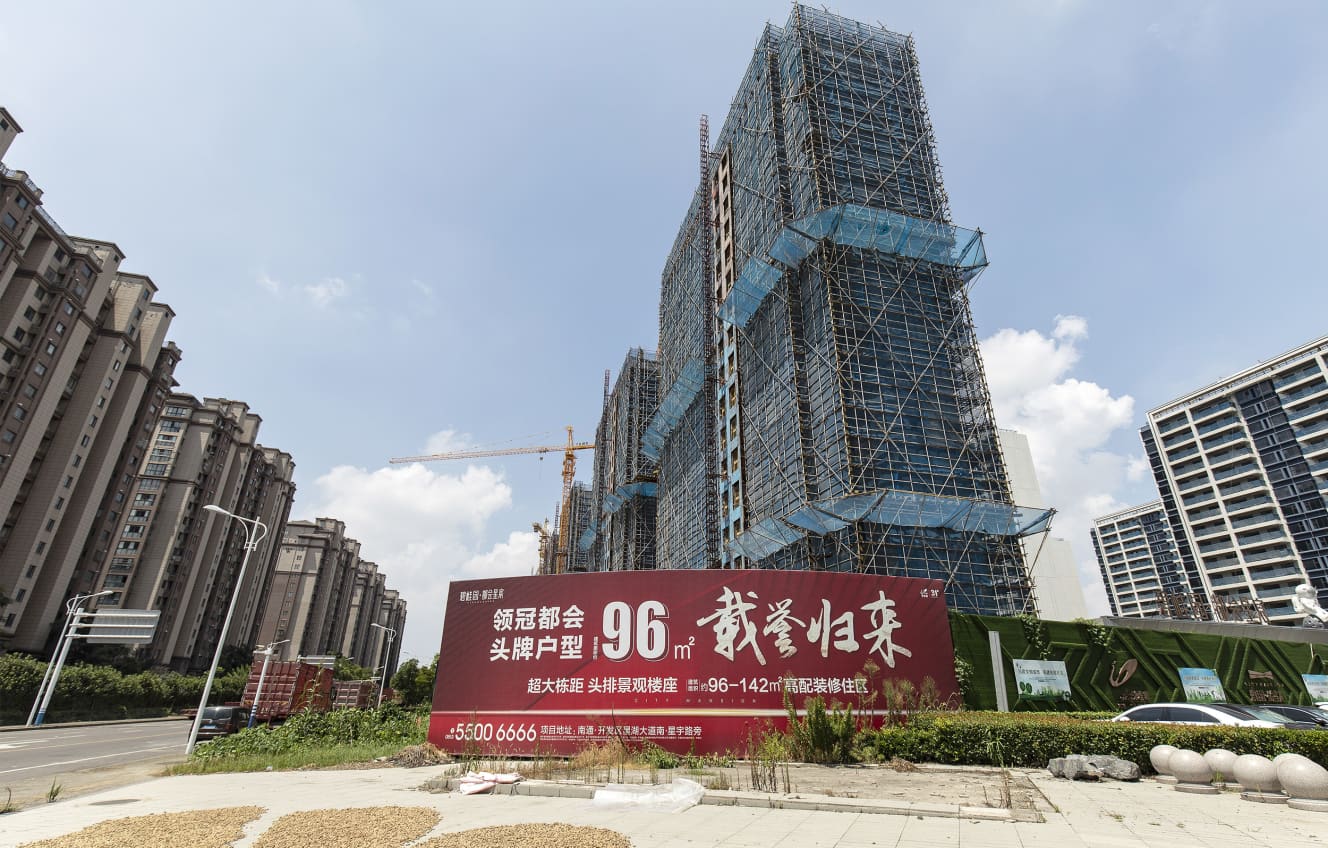Xi Jinping’s Project Leads to Real Estate Bubble Collapse: Giant Ruins Emerge in China
<Rooms are spacious and comfortable with good views. Room sizes range from 96 to 142 square meters.
In the eastern Chinese city of Nantong, a cluster of condominium towers spread out behind an attractive advertisement like this one (see photo above). However, construction was halted due to financial difficulties. Now they lie in ruins.
The developer is Chinese real estate giant Heki Guiyuan. However, the company has been in financial trouble since around 2011, with debts totaling nearly 31 trillion yen and defaulting on some of its bonds in October.
Similar “huge ruins” are now appearing all over China. Kota Takaguchi, a journalist with extensive knowledge of the situation in China, explains the background to the collapse of the real estate bubble.
The mainstream of the real estate business in China is reservation sales. Major companies start selling condominiums before they are built. They use the funds they raise to build new properties as they go along. Naturally, the reckless expansion leads to ballooning debt. When the authorities, unable to see this, began tightening debt ratios and other factors, the companies suddenly found themselves in financial difficulties and construction came to a halt. Real estate projects in China are not limited to building condominiums, but also include shopping centers, schools, hospitals, and other facilities. In some cases, entire towns have become ghost towns.”
It is not only private real estate that has been abandoned. Projects under the leadership of President Xi Jinping are also going under construction.
The “Xiong’an New Area” is being built in the suburbs of Beijing. More than 14 trillion yen has been invested in this smart city that makes full use of digital technology. Following in the footsteps of Deng Xiaoping’s Shenzhen Special Economic Zone and Jiang Zemin’s Shanghai Pudong New Area, Mr. Xi wants to make it his legacy. However, there is no clear vision like the financial center of the ‘Shanghai Pudong New Area,’ and people are not gathering there,” said Mr. Takaguchi.
China’s real estate market is deteriorating without any drastic measures. The number of huge buildings left unattended due to construction stoppages is likely to increase.











From the May 3, 2024 issue of FRIDAY
PHOTO.: The New York Times/Redux/Afro Raul Ariano/Redux/Afro Abaca/Afro CFoto/Afro Reuters/Afro
